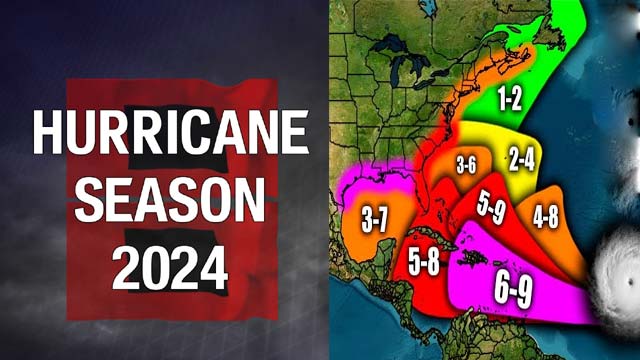
As hurricane season begins, officials are emphasizing the importance of readiness in light of forecasts predicting heightened activity. Hurricane season, known for its devastating floods and high winds affecting coastal regions from the United States to the Caribbean and Central America, has commenced. Emergency management authorities stress preparedness as critical.
This summer is distinguished by record-high temperatures nationwide and an early onset of storm activity, contrasting with previous years. While officially spanning from June 1 to November 30, the season's peak typically occurs in September and October, according to Jaime Hernandez, emergency management director for Hollywood, Florida's Atlantic Coast. Hernandez notes unusual conditions this year due to global warming, including warmer sea temperatures and atmospheric conditions favouring tropical cyclone formation. Consequently, storms may develop earlier than anticipated, as exemplified by Hurricane Beryl, the first Category 4 storm to form in June in recent history.
To ensure preparedness, Hernandez and his team recommend three critical steps: creating a plan, assembling an emergency kit, and staying informed. They advise residents, especially those in evacuation zones, to have plans ready in case evacuation orders are issued before a hurricane, stressing the unpredictable impact and infrastructure disruptions. Preparation includes stocking up on essentials such as non-perishable food and water, preparing for potential power outages and community shortages, and ensuring access to necessary medical supplies and medications. Hernandez suggests consulting healthcare providers to address specific medical needs and urges residents to refer to checklists from local or state emergency management agencies to confirm readiness.











